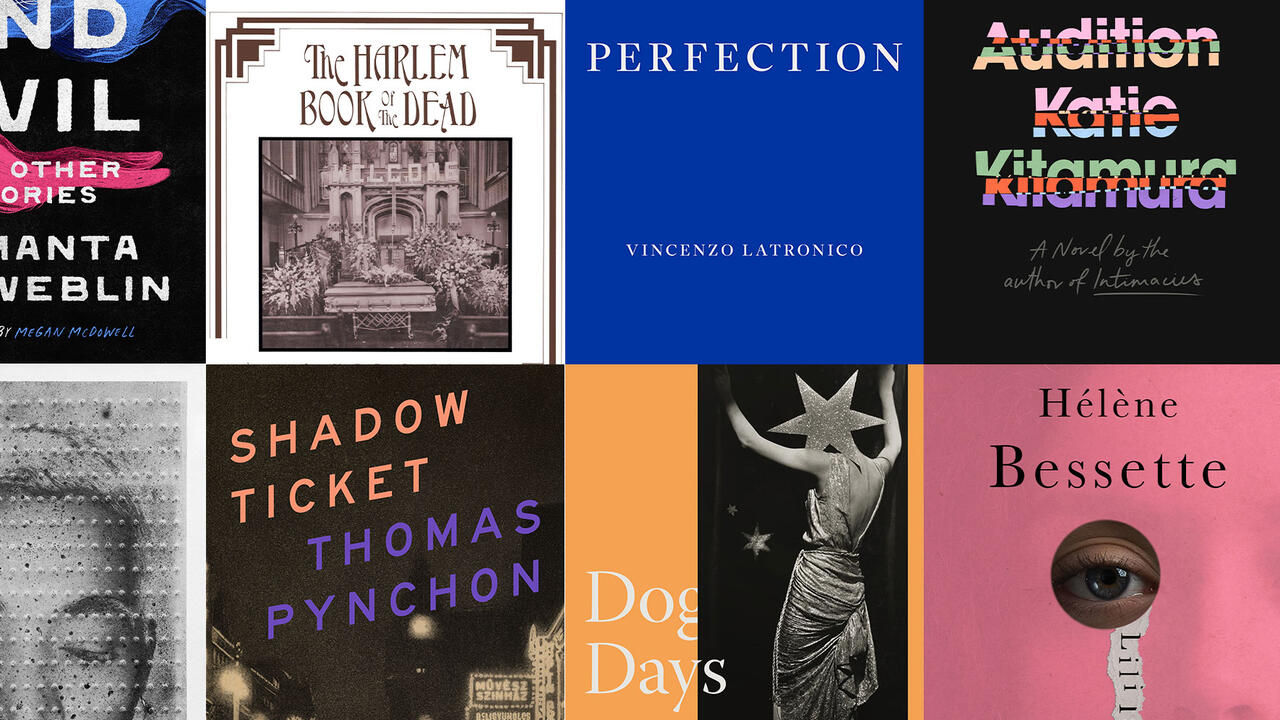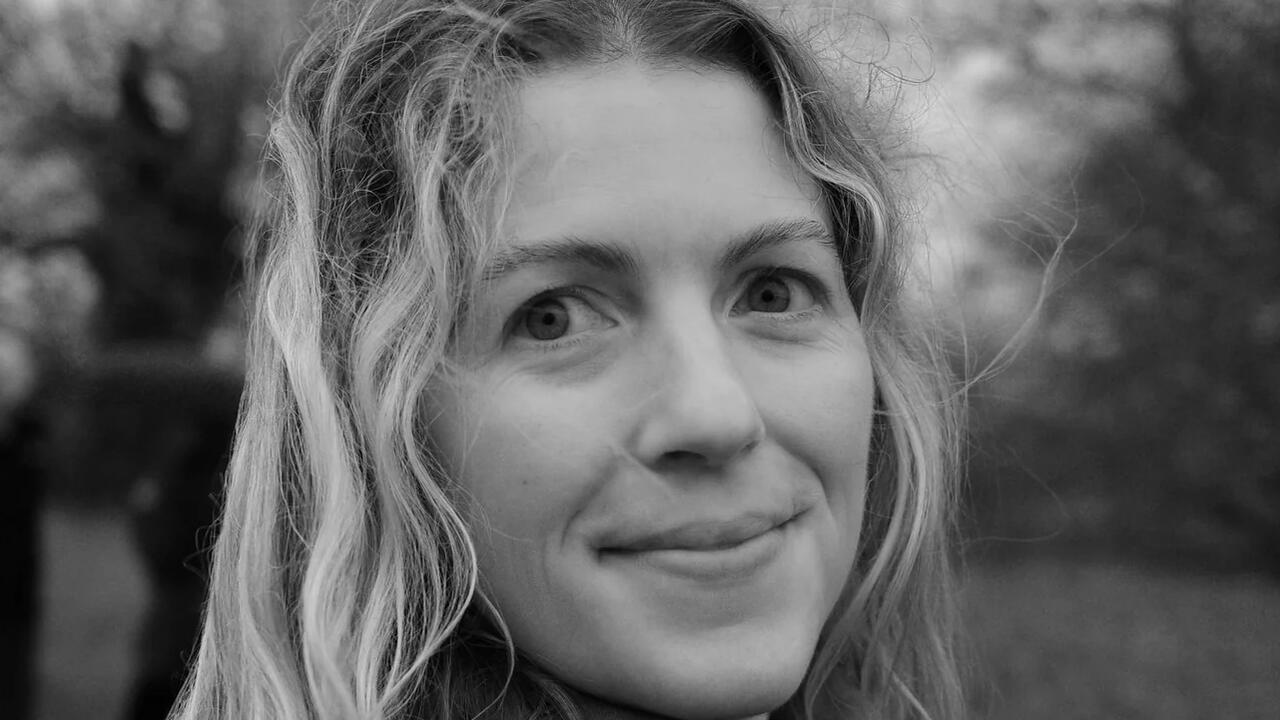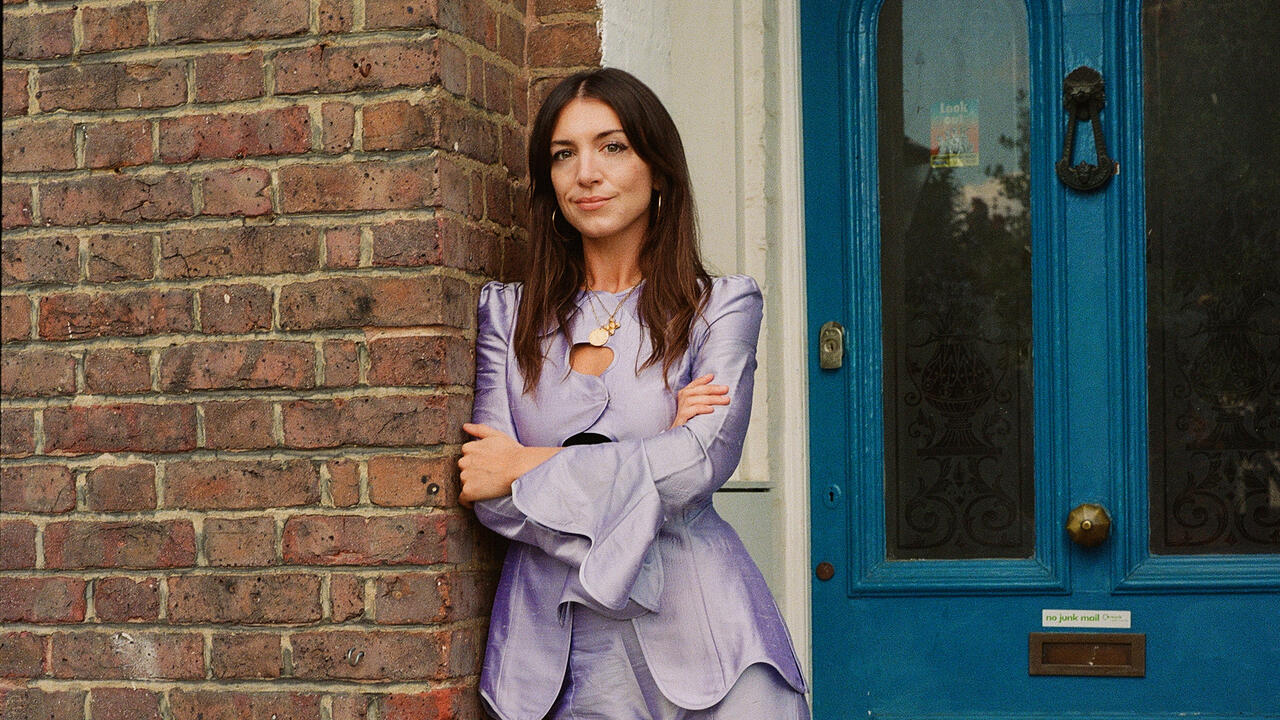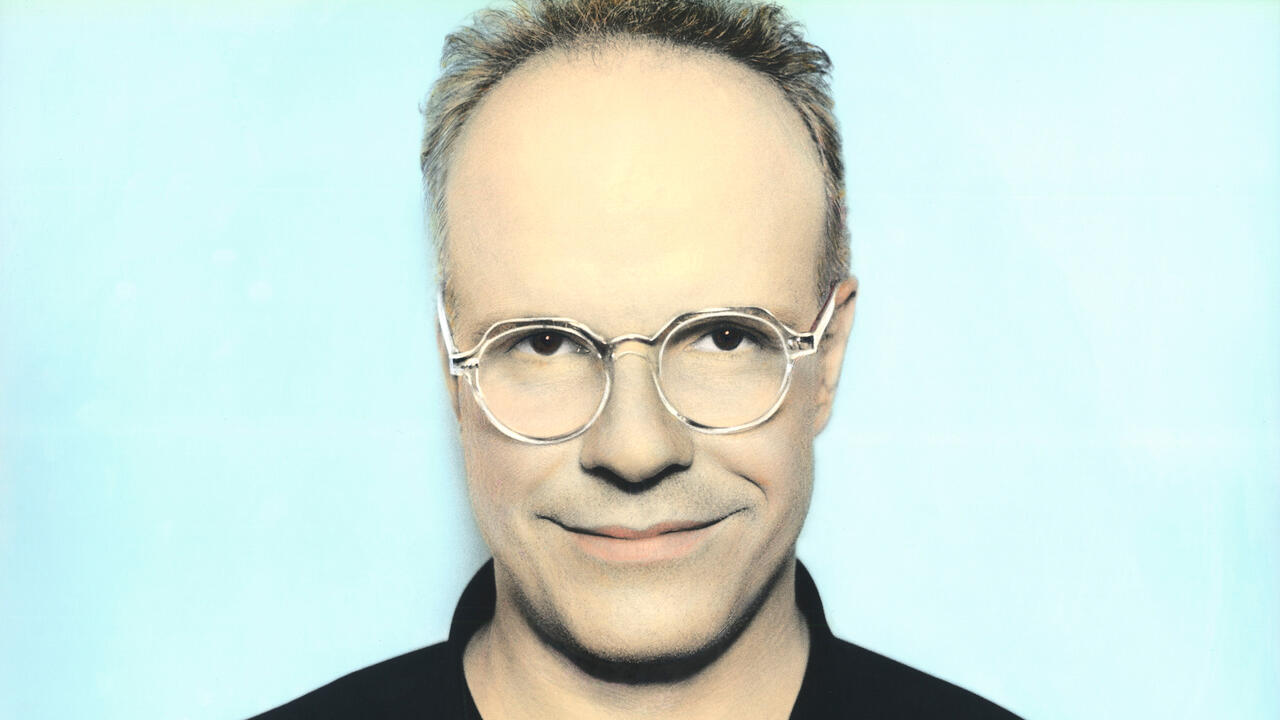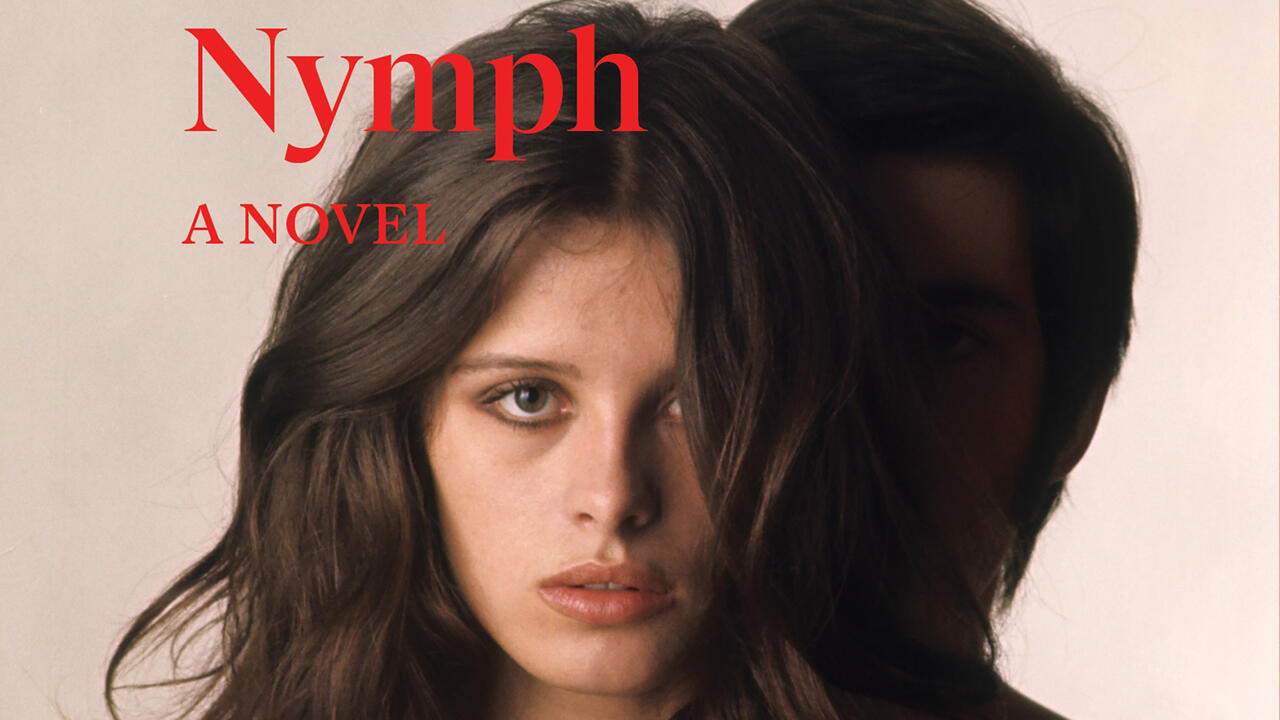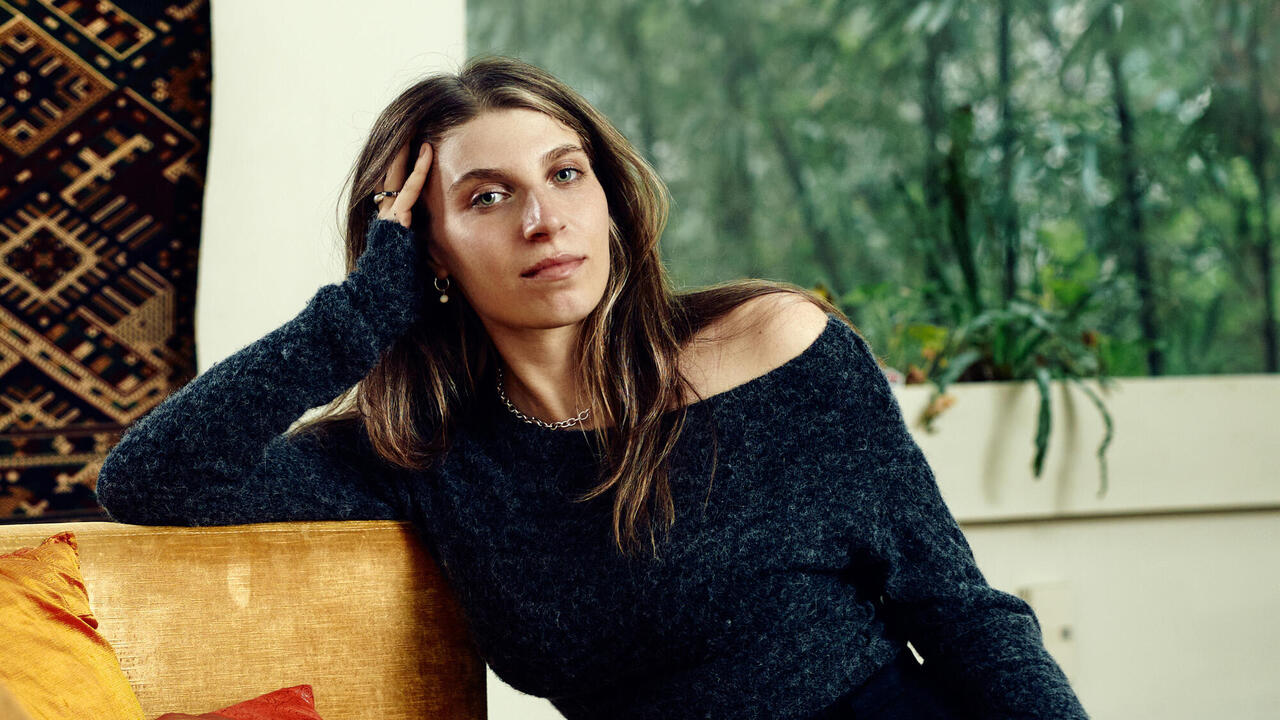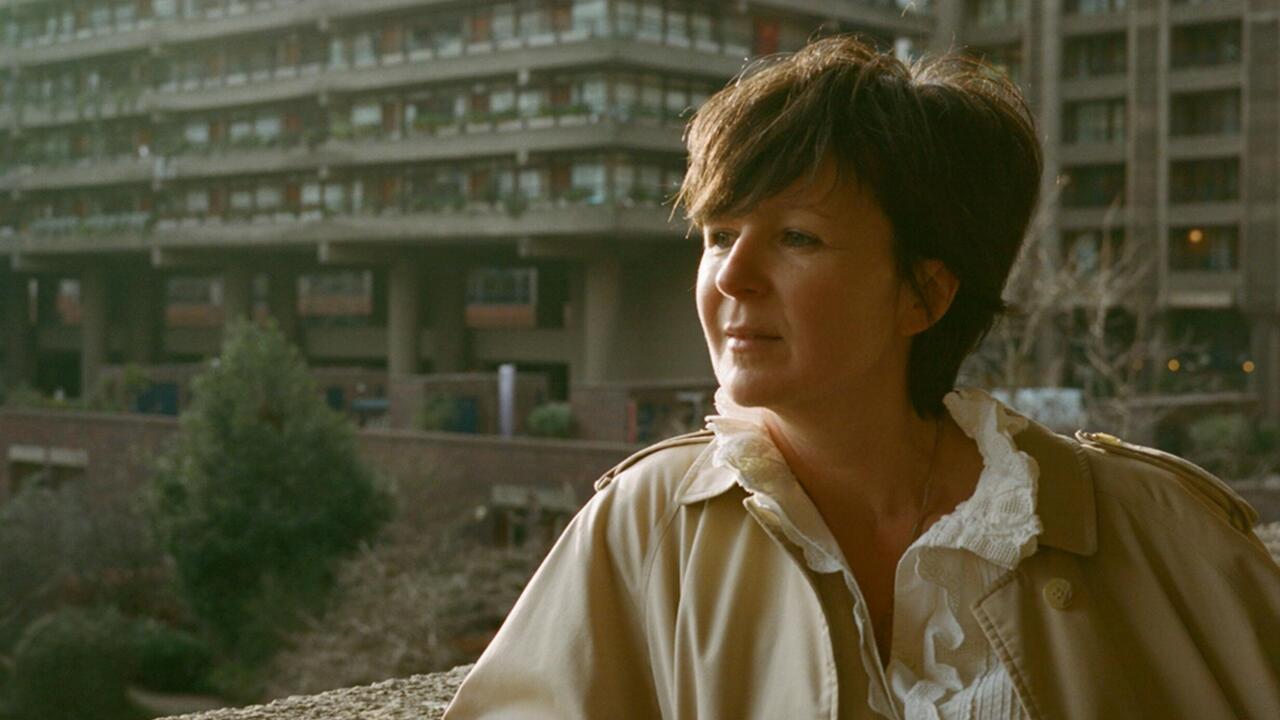Finding a Penfriend in Best! Letters from Asian Americans in the Arts
An open letter to n+1’s new anthology, which explores themes of racial aggression and privilege as well as celebrating solidarity
An open letter to n+1’s new anthology, which explores themes of racial aggression and privilege as well as celebrating solidarity

Dear Best! Letters from Asian Americans in the Arts,
First, a confession: I am not Asian American. (I was born in London, am Chinese and monoracial, and have lived in both New York and Hong Kong, where I’m currently writing this letter.) Asian American identity politics is, generally, a no-go area for me: it is a delicate space; I do not want to intrude. I think of one particular literary magazine whose submission page includes the lines: ‘Do not send ideas about people and events in Asia unless they convey something about the Asian diaspora that resonates with the Asian American experience.’ Interesting. I wonder who decided that division – not unification – defined experiences of colonialism, oppression, pain and resilience? (You know the answer, as do I.)

In the 73 letters you contain, I am suddenly permitted into that hyper-intimate space. Through these vulnerable dispatches, I can see the ongoing terror of white supremacy, the radical acts of dismantling Western-centric ideology and the specificities of racial aggression: for example, how misrecognition is actually a ‘symbolic violence’ tied to dominance, as Pamela S. Lee writes in a letter to the late curator Karin Higa. I attempted Yara el-Sherbini and Naeem Mohaiemen’s whitewashing Hollywood crossword and I took Aruna D’Souza’s call for solidarity, in particular the alignment of Asian and Black communities, to heart. Having applied for an O1-B visa once upon a time myself, I recognize the official language of alienation in paperwork presented by Jesse Chun and Furen Dai. In letters to and about the deceased, I see the grief and longing for those who came before us: Mike Kanemitsu (written by John Yau); Genpei Akasegawa, co-founder of the short-lived Hi-Red Center collective (Yayoi Shionoiri); Isamu Noguchi (Brendan Fernandes); Yasuhiro Ishimoto (John Tain). And, in acknowledging the future, you grapple with how to pass on the torch to others. Herb Tam, curator of the Museum of Chinese in America, writes to his hypothetical successor; Cathy Park Hong recounts a campfire tale to her daughter, in which she posits that a 1969 UFO sighting could have been time-travelling humans.

I appreciate your confrontations with discomfort. So often, the knotty conversations – around self-tokenization, privilege, white adjacency and internalized racism – are relegated to broad panel talks or podcasts. I find myself drowning in such formats, but the singular voice holds. In their respective letters, biracial artists Marc Handelman, Matthew Shen Goodman and Josh Kline describe the slipperiness of passing as white or Asian, and the racial tensions inherent in ethnic taxonomy. (Kline, in his text, called out my own monocultural bias: for years, I misidentified him as white based on his name; he is half Filipino.) Racial purity – in America, mainland China and innumerable other places – is killing us. Kline takes an axe to this diseased tree, extracting roadmaps for survival from the Philippines. ‘A past rooted in racist, exploitative colonization has left many tragic legacies and injustices in the country, but a national mass obsession with cultural purity is, fortunately, not one of them,’ he writes. ‘All this absorption doesn’t make Filipinos any less Filipino, any less themselves. Their culture is the opposite of stasis: it is defined by constant metamorphosis.’

I feel this is one of your main pursuits: metamorphosis through embracing transnationalism. It is a daunting task, but you propose some solutions. Speaking directly to the reverse migration diaspora, curator Alexander Lau suggests that we might help by resisting ‘the temptation to identify with either side of our cultural heritage and insisting on our own hybridity – realizing that, regardless of whichever ethnocultural mask it dons, power operates in the same way on both sides of the ocean.’ And Korean diaspora collective Hyperlink Press, in a love letter to transnational communities, states that ‘there is a dire need to look beyond nostalgia and build upon legacy by understanding specificities of the present that are produced by the past’.
In their introductory letter, co-editors Christopher K. Ho and Daisy Nam write that ‘the dream of recognition and reparation remains unfinished’. That much is true. Yet, you mention my place of being many times. (Byron Kim notes that ‘the Hong Kong crucible continues to burn’; Ka-Man Tse tells her baby about the protests of 2019.) You carry the words and conversations of some of my dear friends (hello Chris, Mimi, John!) and those I consider major influences in my own writing practice (thank you J, Martin, Patty). I may not identify as Asian American, but I think what you are telling me is that it might not matter. In short: your existence makes me, and I imagine many others, feel more seen. Thank you; please write back soon.
Best!
Ysabelle
Main image: Yara el-Sherbini and Naeem Mohaiemen’s whitewashing Hollywood crossword in Best! Letters from Asian Americans in the Arts, 2021. Courtesy: n+1, New York
Thumbnail: Best! Letters from Asian Americans in the Arts, 2021. Courtesy: n+1, New York








